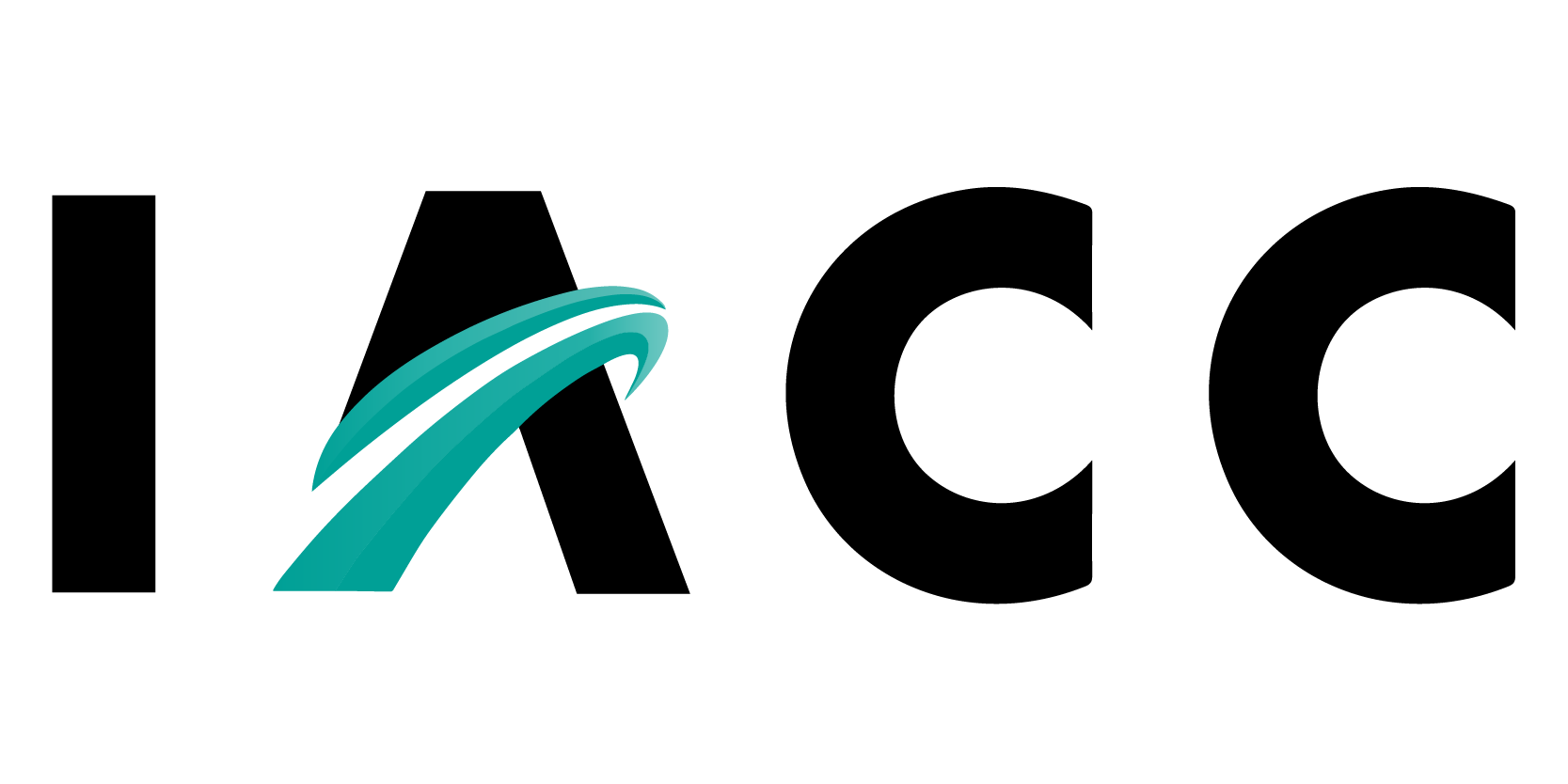The IACC Blog
Insights for career coaches & job seekers
Fresh ideas, expert insights, and stories that move your career forward.
Thank you! Your submission has been received!
Oops! Something went wrong while submitting the form.
No results at the moment! Check back later


.png)








